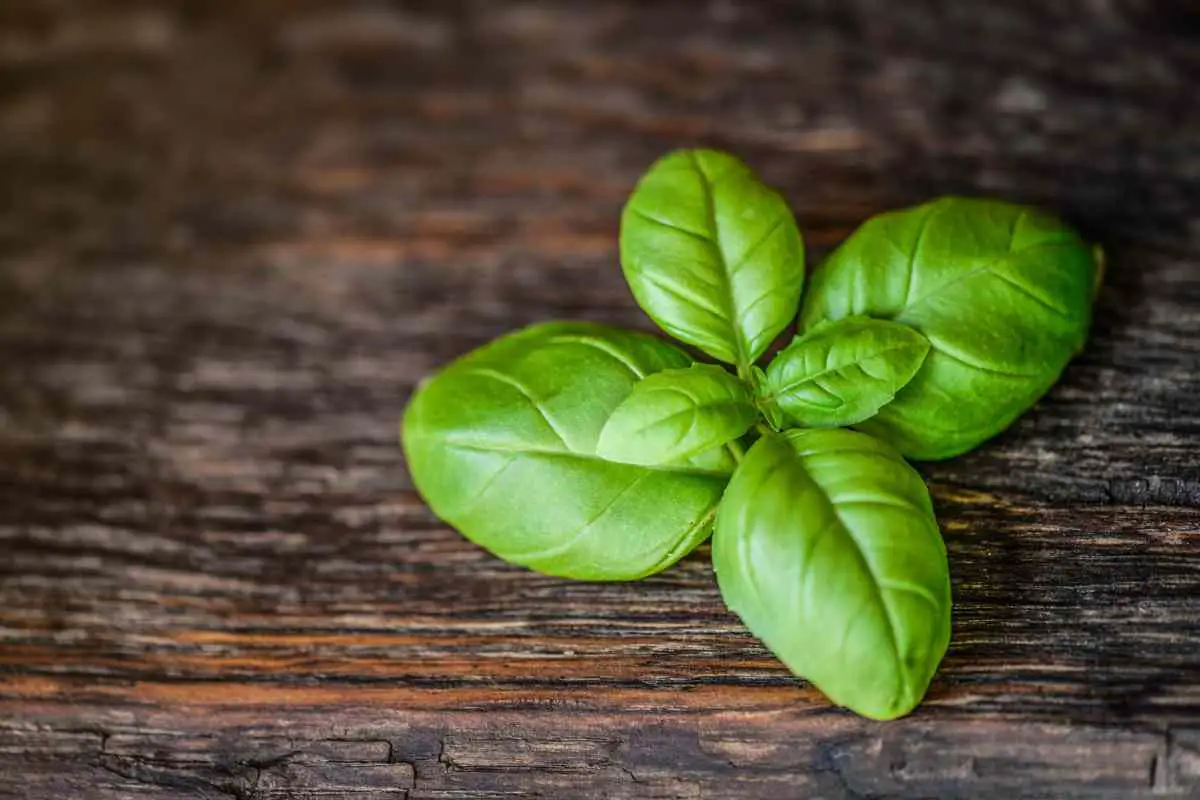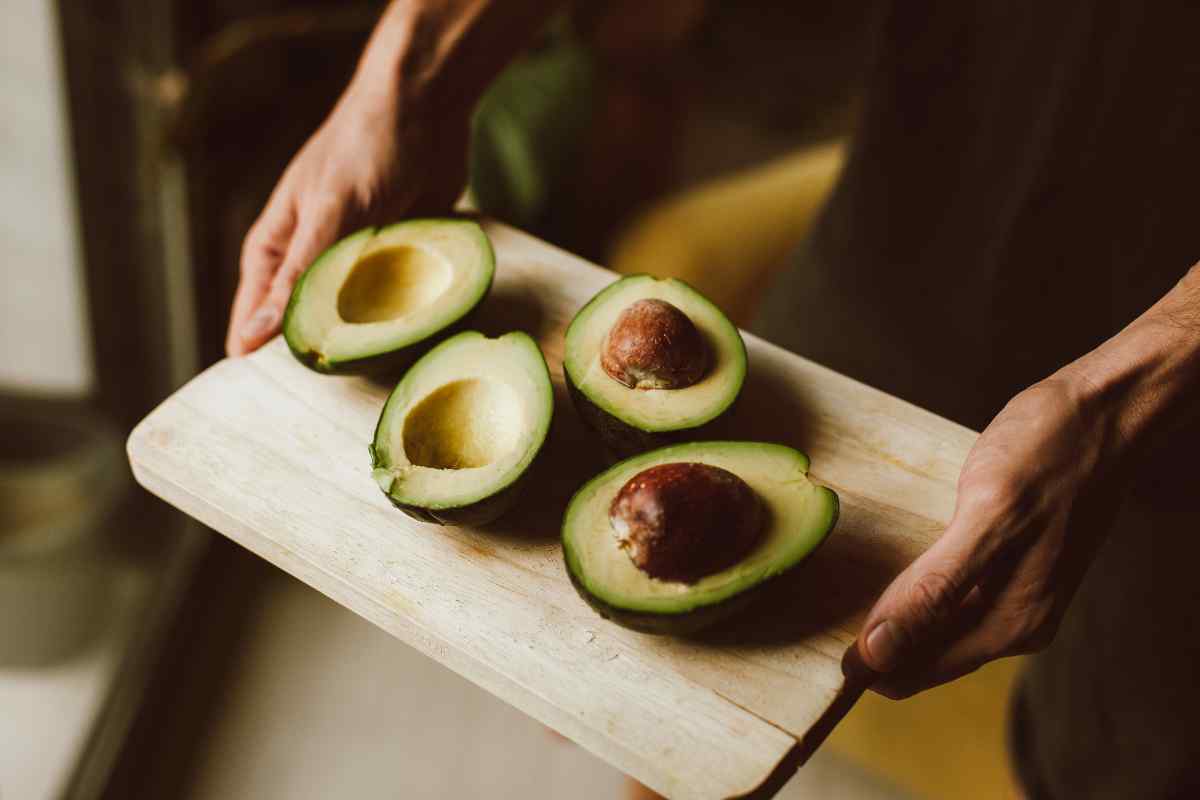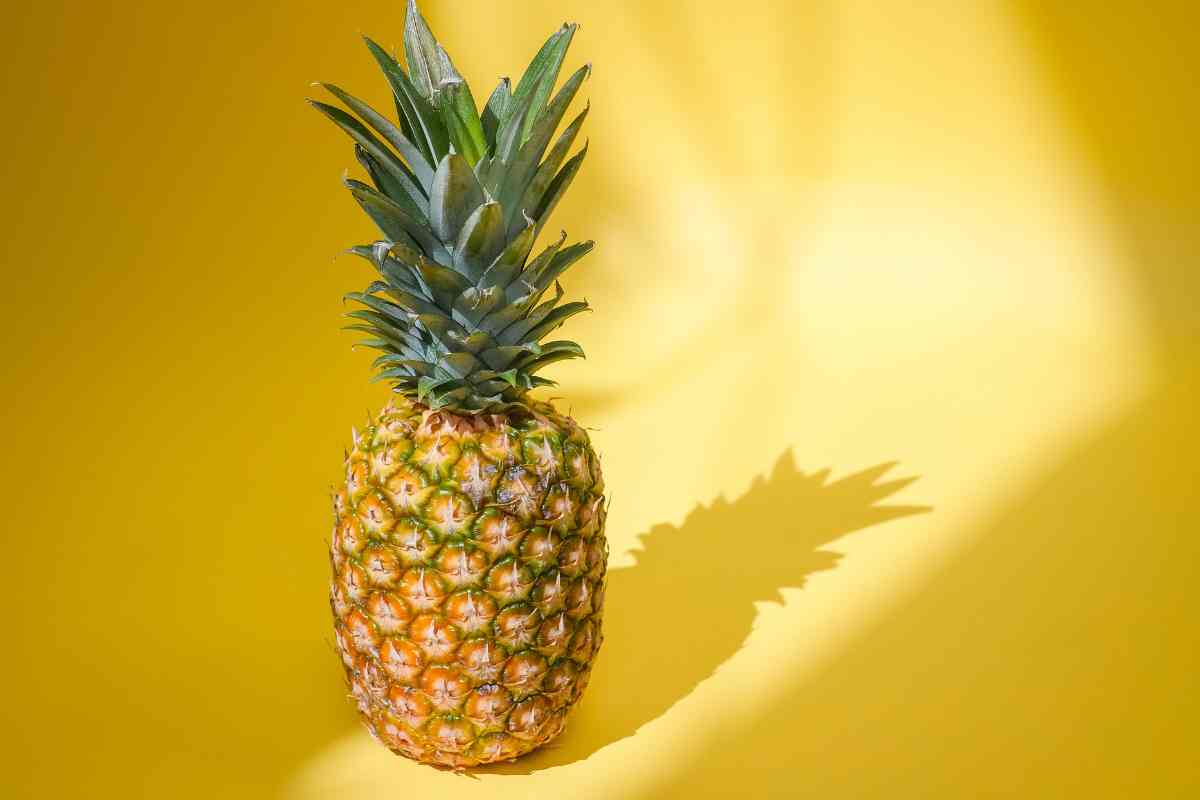Gardening is a wonderful hobby, and growing your own vegetables is a fantastic way to provide fresh, healthy food for you and your family.
However, even experienced gardeners can sometimes run into problems, such as the sudden appearance of black spots on their peppers.
This can be a frustrating and perplexing issue, but it is important to understand the causes in order to find a solution.
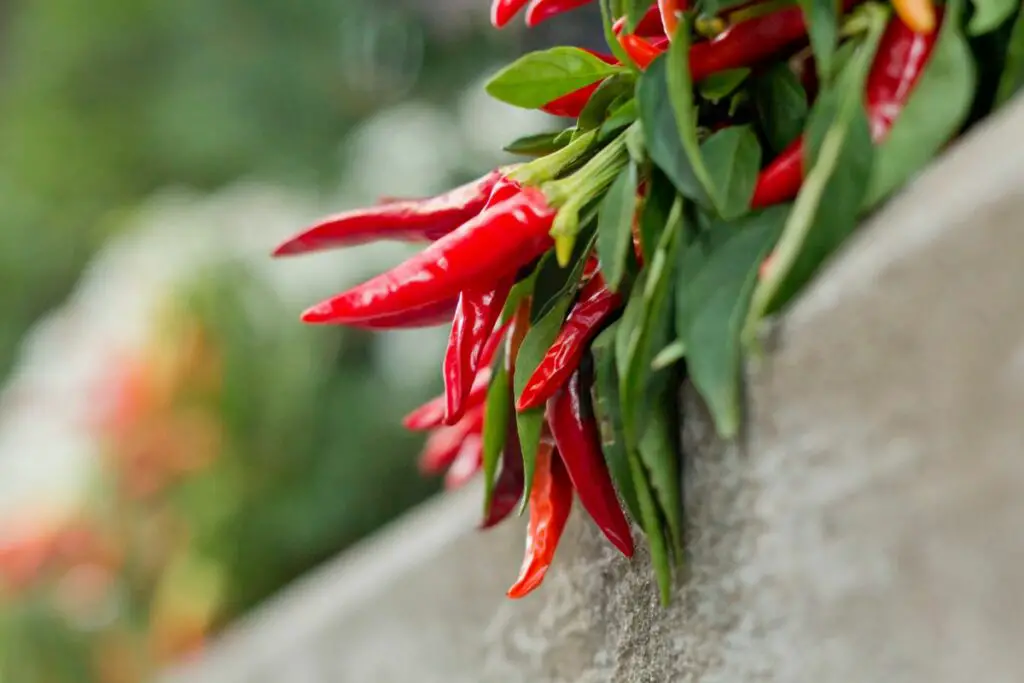
Table of Contents
The Causes of Black Spots on Garden Peppers
There are several possible reasons why your garden peppers may be turning black. Some of the most common causes include:
Overripe Peppers
One of the most common reasons why garden peppers turn black is because they are simply overripe. Peppers will naturally start to turn black as they age, and this is not a sign of a problem.
If your peppers are turning black before they are fully ripe, it may be due to stress, disease, or insect damage.
Disease
Peppers can be susceptible to a variety of diseases, such as Alternaria, anthracnose, and botrytis. These diseases can cause the pepper to turn black and become mushy.
If you suspect your peppers are infected with a disease, it is important to remove them from the plant and dispose of them promptly to prevent the spread of the disease to other parts of the plant or to other plants in your garden.
Insect Damage
Insects, such as thrips and aphids, can cause damage to your peppers, which can result in black spots.
If you see small, black spots on your peppers, it may be a sign of insect damage. It is important to control insect populations in your garden in order to keep your plants healthy and prevent damage.
Environmental Stress
Environmental stress can also cause peppers to turn black. For example, if your plants are not receiving enough water or if they are exposed to extreme temperatures, they may become stressed and begin to turn black.
It is important to provide your plants with the proper care and environment in order to keep them healthy.
Preventing Black Spots on Garden Peppers
The best way to prevent black spots on your garden peppers is to provide your plants with proper care and to address any issues that may be causing stress. Some tips for preventing black spots on your peppers include:
Proper Watering
Be sure to water your plants regularly, providing them with enough moisture to keep the soil consistently moist. Avoid over-watering, as this can lead to root rot.
Proper Drainage
Make sure your plants are in well-draining soil and that the soil is not overly compacted. Good drainage will help prevent root rot, which can cause peppers to turn black.
Proper Temperature
Provide your plants with a stable temperature, avoiding extreme heat or cold. Peppers prefer warm temperatures, so be sure to provide adequate shade and protection from the hot sun during the hottest parts of the day.
Proper Light
Peppers require adequate light to grow and produce fruit. Make sure your plants are in a location that receives at least 6 hours of direct sunlight per day.
Pest Control
Keep pests, such as thrips and aphids, under control by using organic methods or, if necessary, chemical treatments. It is important to avoid over-use of chemical treatments, as this can harm beneficial insects and pollinators.
Do Peppers Turn Black Before Red?
Yes, peppers can turn black before they are fully ripe and ready to be picked. This is a common occurrence, especially with certain varieties of peppers. In some cases, blackening may be a sign of disease or damage to the pepper.
However, it can also be a natural part of the ripening process and the pepper may still be edible. If the pepper is still firm and has a glossy appearance, it is likely safe to eat.
However, if the pepper is soft and has any signs of mold or decay, it should be discarded.
Are Black Bell Peppers Safe To Eat?
Yes, black bell peppers are safe to eat. When bell peppers are allowed to ripen on the vine for an extended period of time, they will eventually turn black.
This change in color is a sign of the pepper’s increased sweetness and flavor. Black bell peppers can be used in a variety of dishes, either raw or cooked, and offer a slightly sweeter taste than green bell peppers.
It’s important to note that while black bell peppers are safe to eat, they should still be inspected for any signs of mold or decay.
If the pepper has any soft or mushy spots or has a sour odor, it should be discarded.
Otherwise, black bell peppers can be enjoyed as a tasty addition to many different types of cuisine.
- How to Build a Planter Box for Bamboo: A Step-by-Step Guide
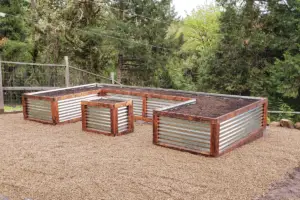
- Can Robotic Lawnmowers Handle Steep Slopes?
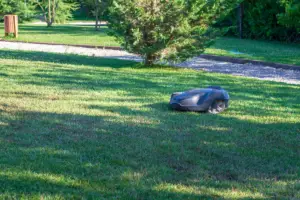
- Do You Need a Specific Lawn for a Robotic Lawnmower? Expert Advice
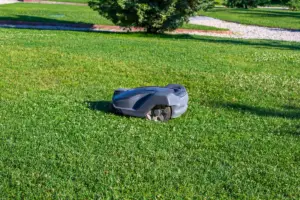
- Are Robotic Lawnmowers Safe for Pets and Children? Safety Features of Robotic Lawnmowers

- Why Use Robotic Lawnmowers? Advantages of Using a Robotic Lawnmower

- Is the GARDENA SILENO City 300 Cordless or Corded? A Clear Answer












